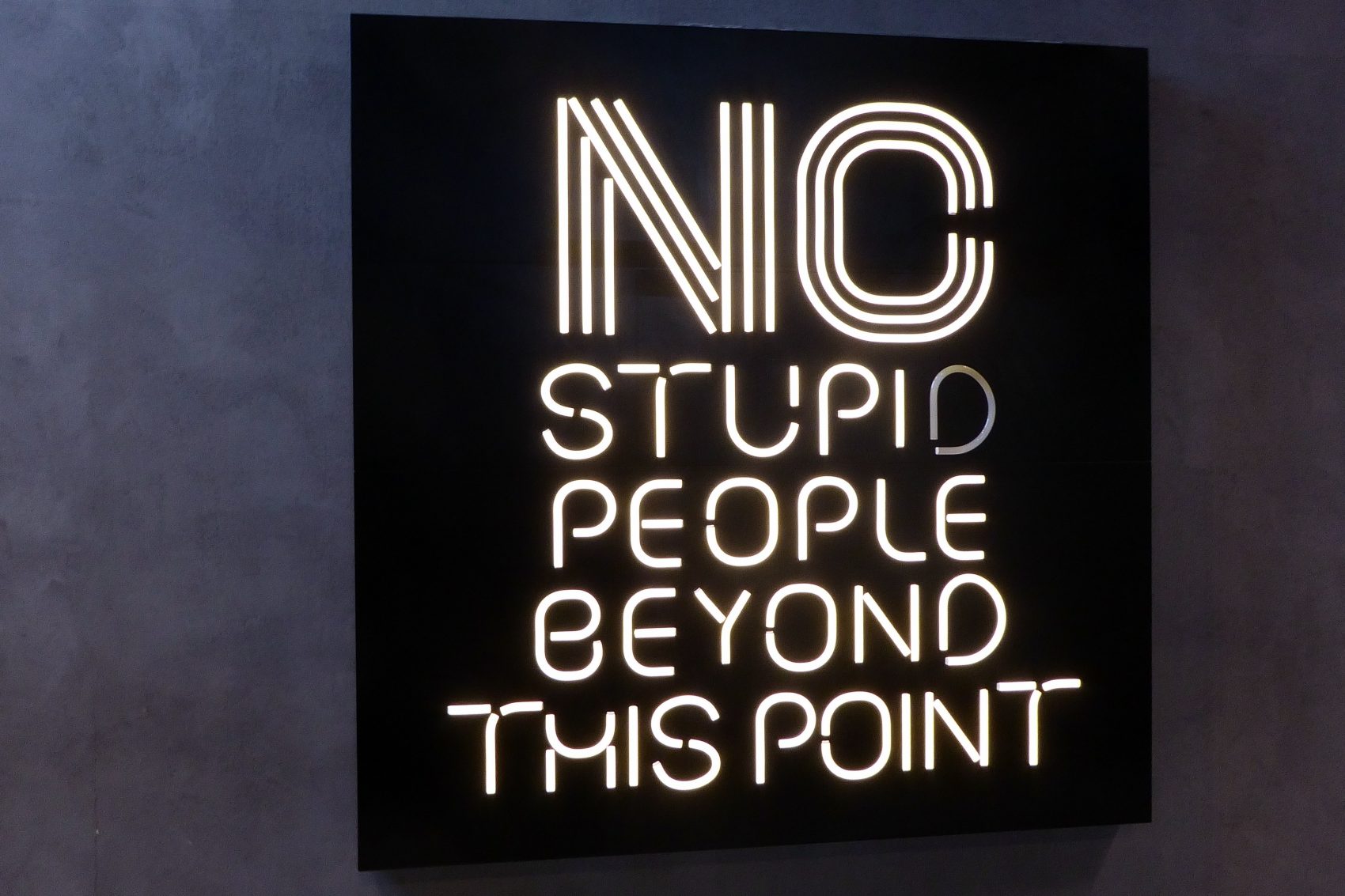Words by Megan Whitfield | @M_eganWhitfield
“Each sleep brings me one night closer to the sweet embrace of death,” “Super excited to announce I’m giving up! Can’t wait to see where this takes me!,” “Having a crush is so much fun. I know I’m going to mess it up, but how? When? What will I do to self-sabotage this time?”.
Odds are, you’ve heard any variation of these comments before, perhaps even made similar remarks yourself. Dark humour and self-deprecation can taste so sweet, and we Australians are masters of it. We even direct those insults at anyone who we deem as getting a little big for their boots, as though it’s weird they’re not being self-deprecating.
Comedy is meant to be a positive thing, but could it be that we’re all actually engaging in negative behaviours? Are we going about our days with a concerning lack of self-worth? Or could our appreciation for the darker side of humour, and willingness to be the butt of our own jokes, actually be a good thing?
If you ask Aussie comedian Alex Jae, it’s the best kind of humour going round. As one half of stand up show ‘Garbage Up Late,’ performed at the Melbourne International Comedy Festival this year, she’s become a master of the art of embracing our inner trash.
“I’ve always enjoyed self-deprecating humour more than any other type. I think it’s the most relatable and honest,” Alex said.
“Also I just find that making fun of myself is the easiest thing to do and there’s an endless pool of material.”
While most can easily become bogged down with insecurities, Alex believes hearing others talk about their own self-doubts can ease some of the pressure.
“Talking and joking about insecurities makes light of them, and can take the strength away. If you hear someone else having the same issues as you, it makes them less scary or consuming.” After all, no one is ever as perfect as they appear.
“We’re all garbage people, some of us just have more skills in covering it up.”
Turns out, Alex’s support for a bit of self-negging here and there is backed up by science. A recent study from the Mind, Body and Behaviour Research Centre at the University of Granada, Spain, found making a joke at your own expense can actually demonstrate higher levels of happiness and overall wellbeing. To a lesser extent, it can also be linked to better levels of sociability, with humour being a key way to connect with others.
It’s not the only recent study to find positive effects of dark humour, which was previously considered to have negative repercussions. In 2017, a team of researchers from the Medical University of Vienna found that a person’s intelligence can play a key role in their enjoyment of dark humour.
In a study group of 156 people, participants were asked to rate their enjoyment and comprehension of 12 “dark” cartoons, while also being tested for their verbal and non-verbal IQs. These participants were divided into three groups on the basis of their IQ, and it was found the group which demonstrated a high level of intelligence also showed the greatest appreciation for the black humour. They also demonstrated comparatively lower levels of aggression and bad mood.
Clinical psychologist, Dr Irene Panagopolous, agrees there are definitely benefits to self-deprecating humour.
“In some ways, it’s part of having a healthy mindset, being able to objectively step back, and appraise our own behaviour,” said Dr Panagopolous.
In terms of dark humour, it can also be used as an important coping mechanism, something she has both witnessed and experienced first hand, through her work in forensic psychology.
“It softens the impact of some very confronting and impactful situations.”
She suggests another reason we find this humour so appealing is the risk-taking nature it projects.
“It’s risky, and risky is exciting. It’s kind of walking that delicate line, and shows you’re not afraid to speak out about things; there’s an element of excitement to it.”
However, she warns about the appropriate use of self-deprecation and dark humour, and to be aware if the habit turns negative for yourself or those around you.
“It depends on the context, the severity, who that humour is shared with, what elicits [it],” said Panagopoulos.
“If you’re the only person that’s engaging with that humour it can be unhealthy, and in some ways it’s an alert someone may be experiencing a burnout.”
It’s important to be aware of the audience, particularly online and understanding it’s reach.
Our online culture has played a key role in the rise of this self-negative humour, particularly for the younger generations.
“Social media has, not to sound like an old fuddy-duddy, put more pressure on how you’re perceived. Self-deprecation can be a mechanism of ‘I’m going to get in first’. It probably makes it easier. [Social media] becomes the outlet, where it’s actually far healthier to make the jokes face-to-face so people can act appropriately.”
But if you think a self-deprecating comment is beyond a gag, Panagopoulos said the key thing to look out for is the “narrow focus” of the joke, which repeatedly makes light of a particular feature, such as appearance.
“If someone is doing it regularly rather than opportunistically, you get a sense from the audience too, if a joke has run its course and it’s not funny anymore.”
So good news everyone, while we should be aware of how, when and why we are using this humour, and look out for our loved ones, we’re now scientifically approved to keep calling out our unappealing personalities and overall flaws.
Besides, someone who isn’t at least a little self-deprecating is just downright suspicious, a contention echoed by Alex Jae.
“I don’t trust people with too much confidence… Why are they so confident? Did their parents love them too much? What are they hiding?”
Meet you all in the trash, where we belong.


